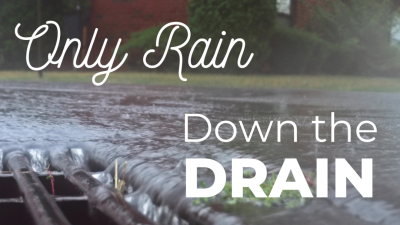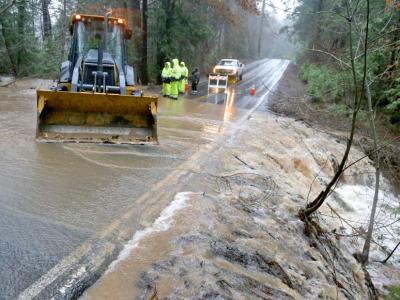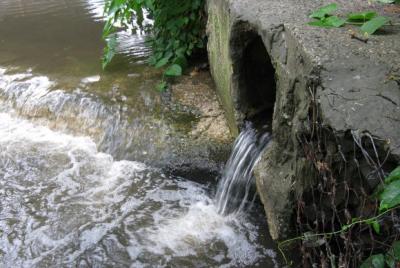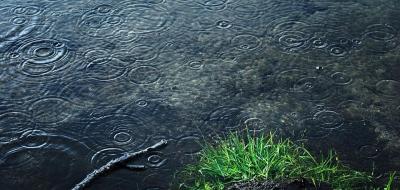
What is Stormwater?
Stormwater is the discharge of water due to runoff from precipitation. Stormwater runoff occurs when precipitation from rain or snow melt flows over impervious surfaces. Impervious surfaces are areas that impede the infiltration of water into the soil. Concrete, asphalt, rooftops and even severely compacted areas of soil are considered impervious. Stormwater can pick up debris, chemicals, dirt, and other pollutants. These substances are then carried into storm sewer systems or directly to a waterway. This discharge can destroy aquatic habitat, lessen aesthetic value, and threaten public health with contaminated food, drinking water supplies, and recreational waterways.
Mission Statement
The mission of the Stormwater Division is to protect public health, safety, and the environment through the effective management, operation and maintenance of the stormwater systems, to provide vector control services designed to educate the public and to detect, reduce or eliminate potential disease carrying vectors. Call the Stormwater Hotline to report any Illicit Discharge at 304-817-0011.
Commitment
Our purpose is to preserve and protect the local watersheds and streams from pollution and flooding through the implementation of best management practices (BMPs) that are defined in the City's Stormwater Management Plan. We must effectively and efficiently utilize all fees and educational materials in the management of the City's permitted stormwater runoff so the highest possible quality of water will be achieved.
Stormwater Design Manual
The Stormwater Management Design Manual is provided for guidance to property owners, developers, and consultants in the application and permitting process in obtaining a Stormwater Permit, specifically for land disturbance projects within the City of Bluefield Watershed.
Directions
800 Coal Heritage Rd.
Bluefield, WV 24701
United States



